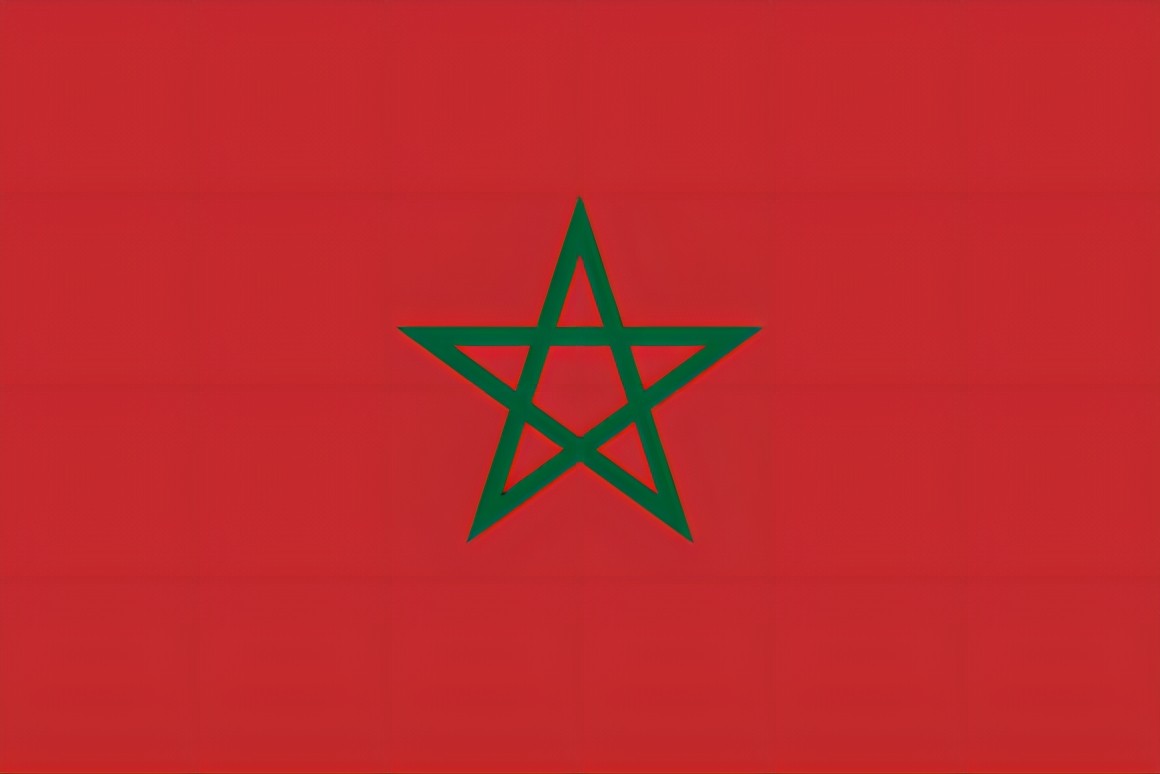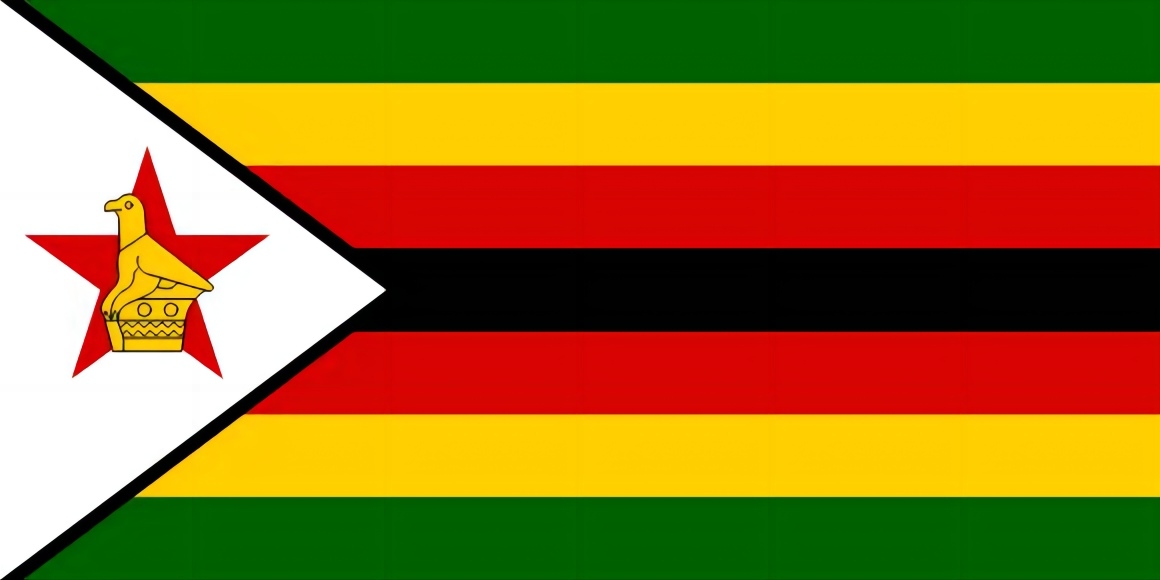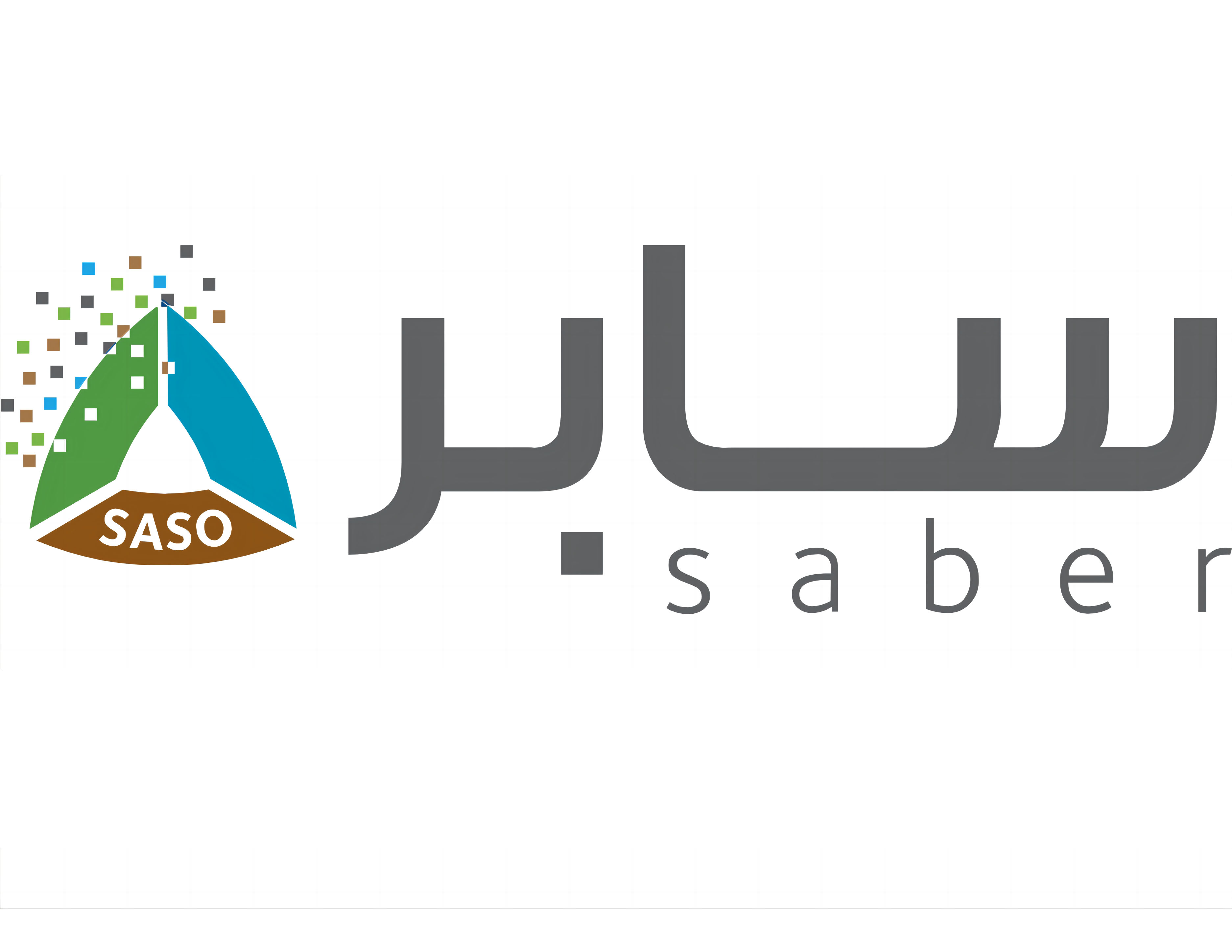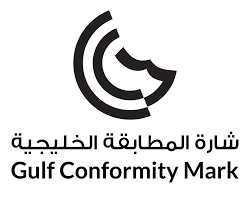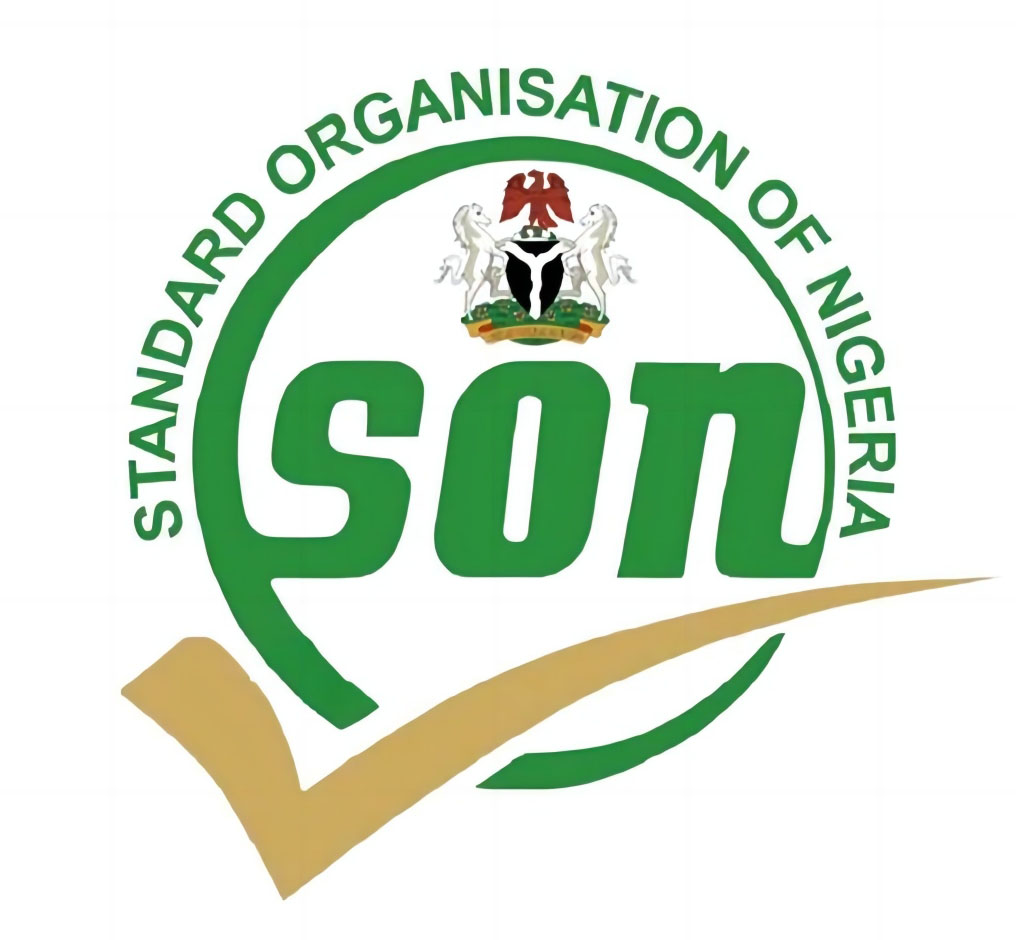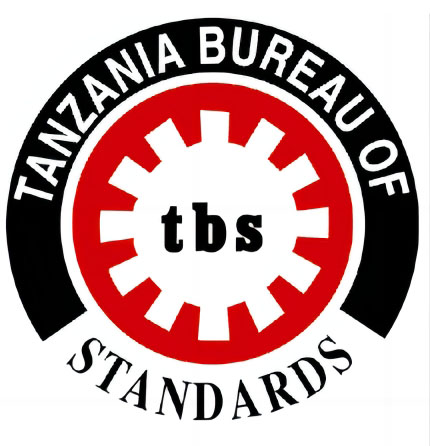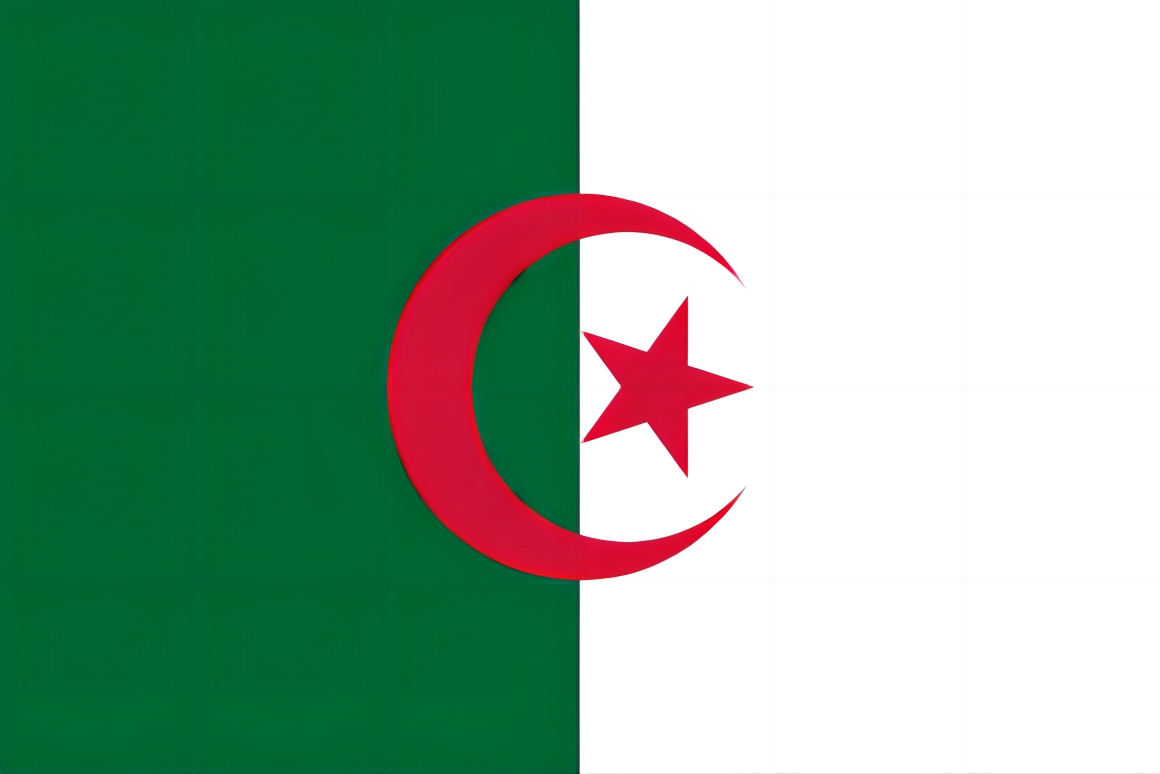Moroccan COC certification
List of regulated products:
- Electrical Products
- Construction materials (pipes, sheets, sanitary equipment, insulation, wooden panels, cement, windows, glass...)
- Gas/ oil appliances
- Toys
- Parks and baskets for children, furniture
- Textiles, shoes, PPE, motorcycle helmets
- Detergents, packaging/ plastic bags
- Kitchen articles, tableware
- Matches, lighters
- Paints, bitumen
- Baby diapers
- Tyres, automotive parts…
Tip: Some products require inspection in the destination country.
How to apply for products inspected by the exporting country?
1. Apply for a certificate and prepare documents:
- Application form Request for Certificate Form (RFC for short), the application form should describe the goods in detail
- Proforma invoice and packing list
- Submit compliance documentation (third-party certificates, test reports, analysis reports according to applicable standards)
2. Document review and testing:
The issuing authority will review all information provided by the trader and review whether it complies with Moroccan standards and regulations. If testing is required, it can be performed in a laboratory accredited by the issuing agency, which will coordinate sampling and implement laboratory testing.
3. Inspection:
On-site inspection will be carried out after completing the above steps.
4. Verify compliance and issue certificate:
After the inspection is completed, the issuing agency will compare the documents and inspection reports provided by the trader. If the verification is successful, an electronic COC certificate will be issued.
5. Arrival verification:
Importers submit electronic COC Certificates of Conformity along with other import documents to Morocco’s single window system, Portnet. Documents will be verified and the COC certificate will be included as part of the customs clearance process.

Facilitate the process:
Route A丨Any product, any trader
Route B丨Products that have been registered with the issuing agency
Route C丨Products that have been licensed by the issuing agency
Product registration (Route B) and product licensing (Route C) are provided for traders who regularly import/export to Morocco. Documents and systems ensuring compliance with Moroccan requirements will be audited in advance (including test reports, inspection certificates, test results, inspections, factory audits, quality management systems, etc.).
Implementing facilitation processes can reduce document reviews and/or pre-shipment cargo inspections, speed up the issuance of certificates and conduct random inspections.
 English
English Chinese
Chinese Arabic
Arabic HANGZHOU BELLTEST TECHNOLOGY CO.LTD
HANGZHOU BELLTEST TECHNOLOGY CO.LTD
